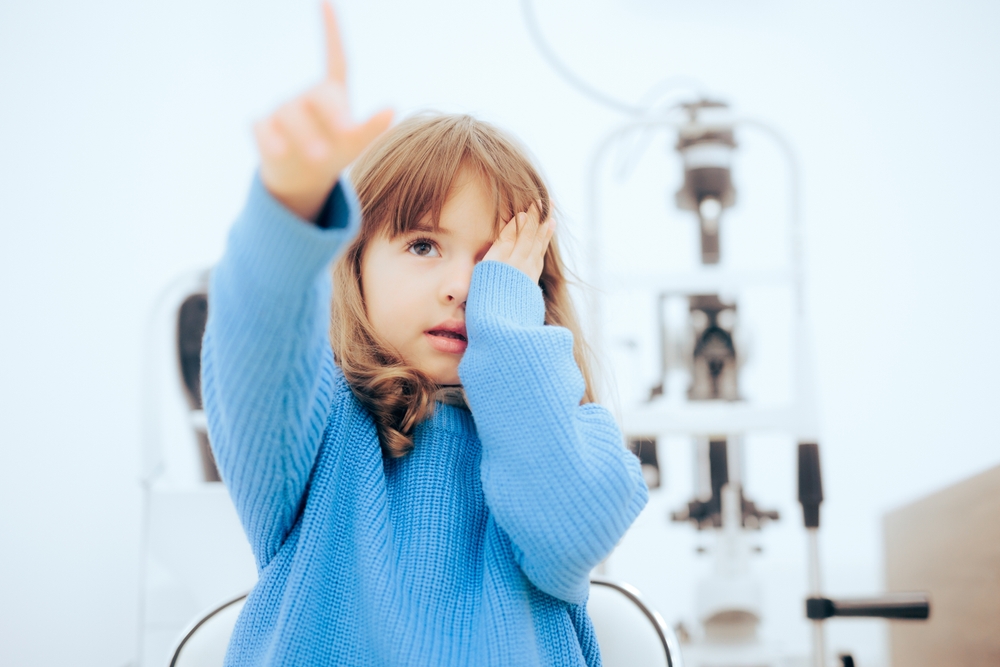
Many children have myopia or nearsightedness. This means they can see nearby objects well, but distant ones are blurry. Myopia can affect their learning, playing, and happiness.
Myopia is more than a minor inconvenience. It can also make it more likely for your youngster to develop severe eye problems like glaucoma, cataracts, and retinal detachment. These can damage their vision and even cause blindness. It is best to slow its progression in children and prevent it from worsening.
But how can you do that? Here are strategies that may help:
Limit Screen Time
Using screens, like computers, tablets, and smartphones, for too long is one possible cause of nearsightedness because these devices force the eyes to focus at near for long periods. This may strain the eye muscles and affect the eye's shape.
To reduce the risk of myopia:
Limit your child's screen time
Require them to take frequent breaks and look at distant objects every 20 minutes. We recommend the 20/20/20 rule – every 20 minutes, take a break for more than 20 seconds and look more than 20 feet away.
Use screens in well-lit rooms and keep screens greater than arms-length away from their eyes.
Spend More Time Outdoors
Another possible cause of myopia is a lack of exposure to natural sunlight. Sunlight may stimulate the release of dopamine, a chemical that regulates eye growth and prevents excessive elongation of the eye.
Help your child enjoy the benefits of sunlight:
Encourage them to spend more time outdoors.
Encourage them to do outdoor activities, like playing, walking, or cycling, for two hours or more daily.
Have them wear sunglasses and sunscreen to shield their eyes and skin from harmful ultraviolet rays.
Get Regular Eye Exams
Regular eye exams allow us to find and treat myopia in kids. We can measure your child's vision and prescribe glasses or contact lenses if needed. We can also monitor your child's eye health and recommend other necessary treatments.
Bring your child for an eye exam if they squint, have headaches, or see distant objects poorly. These are signs of myopia. Early detection and intervention can slow myopia progression and prevent complications. We can also discuss myopia control options such as drops, soft contact lenses and orthokeratology.
Conclusion
Myopia is a prevalent and significant vision problem affecting many children. But you can help your child slow its progression and protect their eye health by following these strategies. After all, your child deserves perfect eyesight and eye health.
For more on childhood myopia, visit Kibo Eyecare at our office in Glastonbury, Connecticut. Call (860) 659-5900 to schedule an appointment today.







